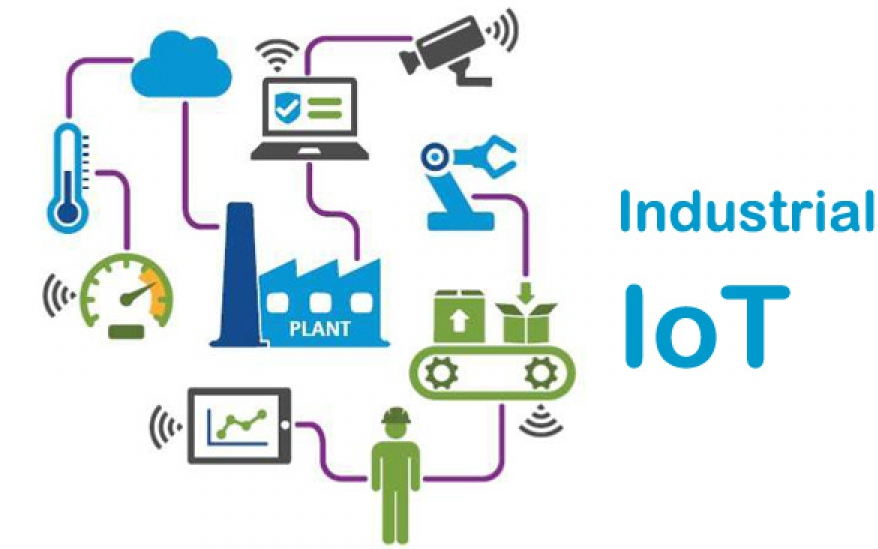The Industrial Internet of Things (IIOT) revolution is happening.
Smart products and systems are delivering transformative value to manufacturers—from smart mining equipment to precision agriculture, connected food processing machinery, and every sector in between.


The rapid growth of the Industrial Internet of Things (IIOT) translates into huge market opportunities. The Internet of Things is expected to have an annual economic impact of $4 trillion to $11 trillion by 2025. Industrial IoT use cases will account for nearly 70% of the projected value, while consumer IoT use cases will account for 30%.
Manufacturers are leveraging IIoT opportunities to achieve their business goals while delivering new value to customers.
Based on hundreds of use cases, we’ve summarized four key business benefits for manufacturers adopting the Industrial Internet of Things (IIOT).
1. Create new business models
The Industrial Internet of Things offers manufacturers a range of new business models, the most important of which is converting products into services.
Digital services bring new revenue streams to products on the market, such as subscription models where customers can unlock advanced control and monitoring capabilities for machines.
Data services are another key service provided by manufacturers to improve user experience and increase user adoption. Insights from machine sensor data can be provided to customers to help improve compliance, minimize machine downtime, and improve worker productivity and safety.
2. Enhance innovation and brand recognition
Forward-thinking companies are constantly innovating and finding ways to lead their industries. An innovation culture within a company is the key to quickly improving product quality, proposing new product concepts, and turning ideas into market disruption.
IoT enables companies to reimagine what their products should look like and how they collect data. Market analysis provides insights into how users use the product and understands customer needs to make informed decisions about product improvements.
Innovative products and systems have the added benefit of enhancing a company’s brand and providing a competitive advantage.
3. Customer-centric
To compete in a rapidly changing global economy, manufacturers are constantly looking for ways to build stronger relationships with customers.
Manufacturers are leveraging IoT to focus on customer needs and the best solutions to meet those needs. Intelligent systems can provide customers with a range of valuable outcomes, such as tracking health and safety compliance, improved employee supervision, more efficient utilization of assets, and the ability to increase facility production and operations.
For example, machinery and equipment companies use IoT to enable their customers to monitor and optimize their fleets and provide necessary insights into optimal operating parameters by tracking fuel data, allowing customers to utilize their vehicles more efficiently.
4. Provide proactive maintenance and services
A poor maintenance plan can reduce factory productivity by 5-20%. Through predictive maintenance, we can understand when machine parts need maintenance and how to schedule the best maintenance time based on monitoring analysis.
Predictive maintenance can provide manufacturers and customers with automated reporting for strategic maintenance planning and proactive repairs. This capability reduces maintenance time by 20-50% and overall maintenance costs by 5-10%, saving manufacturers and customers time and money.